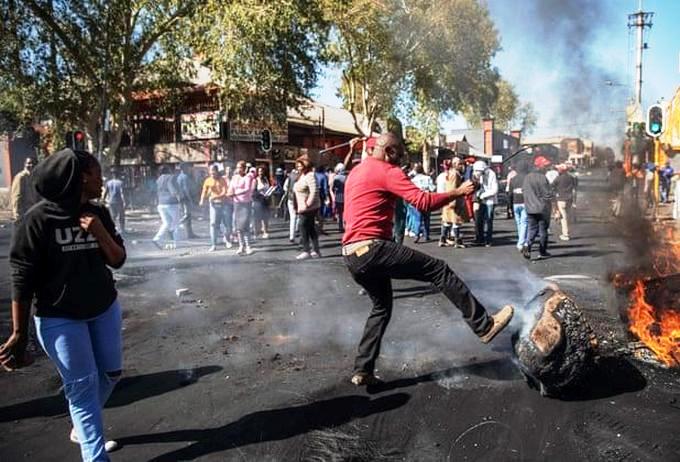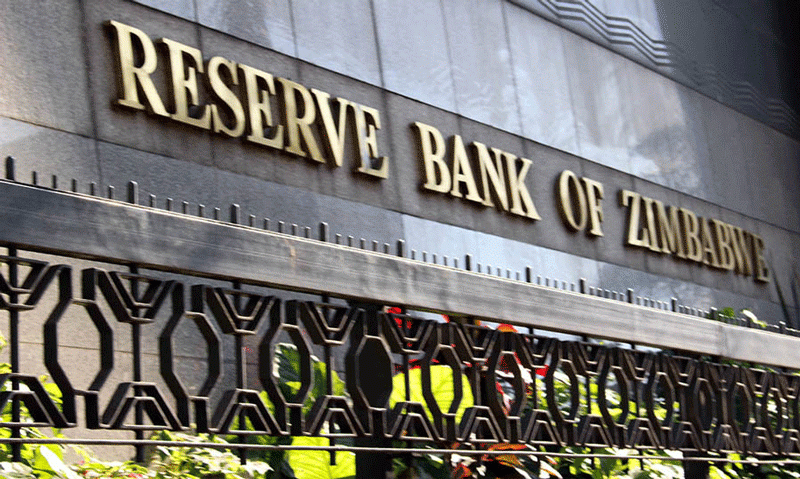
By Janet Zhou
The Zimbabwean ruling elite benefits from this migration at four levels. Firstly, there is a release from fiscal pressure in creating employment, social security and basic social services as citizens leave to look for opportunities in neighbouring countries or hassle for survival in the informal economy locally. This was cynically put by Security Minister, Didymus Mutasa in 2005, when he said, “We would be better off with six million people, with our own people who supported the liberation struggle”.
Secondly, since the late 1990s as workers began to be disgruntled, thrown out of employment on farms, the progression of the obliteration of the middle class through migration has created difficulties for the workers to organise and challenge the government on the abrogation of its mandate to guarantee basic human rights across the spectrum of different generation of rights.
Thirdly, the diaspora has been deprived of their vote despite the advocacy and engagement to allow them to exercise their right to vote.
This means that millions of Zimbabweans have been disenfranchised. Lastly, the diaspora remittances have sustained the status quo by subsiding the government where it has fallen short in provision of services. In fact diaspora remittances in Zimbabwe is a major source of forex- coming second in contributions after the platinum metal group.
Understanding Marx’s framework of “primitive accumulation” provides a useful framework to understand the processes involved in South Africa and Zimbabwe’s neo-liberal capitalist development now corroborated by the liberation movement political parties.
The tendencies towards violence, commodification of labour, extreme inequality, and unjust labour relations inherent in the migratory labour system are all consistent with the predatory practices of primitive accumulation that exist in both countries.
- Chamisa under fire over US$120K donation
- Mavhunga puts DeMbare into Chibuku quarterfinals
- Pension funds bet on Cabora Bassa oilfields
- Councils defy govt fire tender directive
Keep Reading
The majority of immigrant workers in low wage jobs, such as waiters and farm workers, are typically stripped of their rights and denied the means to seek fair compensation or claim access to public goods and services at the same level as their South African compatriots.
However, the paradox is that the contribution of these migrant workers into the Zimbabwean economy as remittances, in turn cross-subsidises a criminally austere government responsible for the harshest cutbacks to public health, education and social services in the expectation that households will use their remittances to cover the gap.
Migration and xenophobia
Without a doubt South Africa does have a xenophobia crisis. Videos are circulating of the organised and worrisomely militarised “South Africa for South Africans Campaign” conducting door-to-door raids to hunt down foreign immigrants. This self-organised initiative explicitly views itself as a complimentary action to support the South African government’s clampdown on illegal immigrants.
Nationalist politicians and other groups have encouraged popular narratives blaming foreign nationals for the increased hardships experienced by poor South Africans.
This notwithstanding that the foreign immigrant population constitutes an estimated 2,9 million people or 5% of the 60 million people in South Africa. Shock moments such as the prevailing Covid-19 pandemic and its devastating impacts on the poor through loss of incomes, coupled with heavy inflationary pressures have contributed to xenophobic violence by heightening tensions in communities and informal sector spaces.
This trend is likely to persist so long as people living in poverty remain uninsulated from shock economic events. As pointed out earlier, anti-immigrant policies are now part of the platform for virtually every South African political party, so the scapegoating for policy failure has an expedient target.
The system is the same in both countries The dehumanising insecurity experienced by Zimbabwean migrants constantly at risk of displacement and violent attacks is not unlike the felt experience of their compatriots of the Shangaan tribe in Chilonga in Zimbabwe, currently facing imminent displacement to make way for a lucerne grass project.
Neither are they unlike the 800 000 people caught in the middle of military violence triggered by the largest foreign investment project in Africa to extract gas from Cabo del Gado for export into the South African market and abroad.
The primitive accumulation at the heart of capitalist development in the Sadc region has the proven capacity to undermine the progressive normative frameworks in place to safeguard the rights of migrant workers whilst finding ways to absolve itself of the harmful impacts on marginalised groups.
A closer look at the narratives shaped by the nationalist politicians, both in Zimbabwe and South Africa shows that the precarious conditions created across both sides of the border emanate from the need to protect and maintain political power.
On both ends populism is adopted as policy when political power is under threat and there is voter disgruntlement. When populism is adopted as policy, it births fascism and violence, and both have been experienced in South Africa and Zimbabwe. There are tangible and intangible pacts between the political and economic elites to create narratives that set up those living in extreme poverty.
When agency has been taken away by marginalising the majority, the only way to misdirect energy and citizenship rights is to set them against each other by counter narratives, thereby creating democratic deficits as the governments get away with misgovernance and unaccountability.
This is why the greater part of the solution to the resolution of the migrant crisis in South Africa lies in collective efforts to challenge both the political and economic systems that have exacerbated xenophobia in general, and Zimbophobia in particular, since 2008.
Sadc has a protocol that has not been fully implemented to facilitate the protection of migrants in South Africa. At the national level, South Africa has not done much to legislate against xenophobia. In Zimbabwe, the shrinking civic, political and economic space for the majority has created a governance crisis which Sadc has not dealt with despite calls for its intervention to facilitate an inclusive dialogue process to resolve the crisis.
The Sadc region is becoming a more and more unequal society.
Extreme poverty is becoming a trend and the economic model has drastically been consolidated to serve large businesses that create precarious employment for both locals and migrant workers.
Internal displacements of communities for mega-deals are the norm. Resilience mechanisms to climate shocks, pandemics and other disasters are terribly weak, further exacerbating the humanitarian and human rights crisis faced by the many peoples in the region.
Sadc as a bloc, therefore has a duty and a mandate to go beyond putting in place normative frameworks to address migration in the region. The following suggestions are key in coming up with solutions that protect migrants in the region and end xenophobic attacks on fellow citizens in the region.
Negative effects of migration
Sadc must strengthen cohesion to address the economic model that currently exists. The region has not developed a coherent policy response to migration beyond an agreement to work towards the freer movement of people within Sadc once sufficient countries have ratified the Sadc Protocol on the Facilitation of Movement of people.
There are gaps in policy, legislation, and systems for economic migration linked to national and regional development that Sadc has to engage member states on.
The regional bloc must take responsibility to engage with the Zimbabwean authorities to end the protracted social, economic and political crisis which has failed to be resolved by elections. The people of Zimbabwe from different quarters have called on Sadc to intervene and lead in mediation and a national dialogue to deal with the different standpoints that exist in Zimbabwe if the crisis is to be dealt with. This includes ensuring that the trend of disputed elections is addressed by ensuring free, fair and democratic elections in Zimbabwe.
At the national levels, both Zimbabwe and South Africa have a duty and responsibility to deal with their governance frameworks that have made it unattainable for their citizens to access opportunities to participate meaningfully in the political and economic spheres.
Both governments suffer a crisis of the state in which there are predatory state tendencies that have not fully responded to the triple problems of inequalities, extreme poverty and unemployment.
The crisis of the lack of a developmental model that respects human rights fully has been missing in both countries and this has to be addressed by national legislation for people-centred policies that put human rights at the centre of economic development.
Populism which serves the ruling elite does not combat the xenophobic attacks. It causes anarchy and an endangered future for the region.
- Zhou is a human rights activist. These weekly New Horizon articles, published in the Zimbabwe Independent, are co-ordinated by Lovemore Kadenge, an independent consultant, past president of the Zimbabwe Economics Society and past president of the Chartered Governance and Accountancy Institute in Zimbabwe (CGI Zimbabwe). — [email protected] or mobile: +263 772 382 852.











